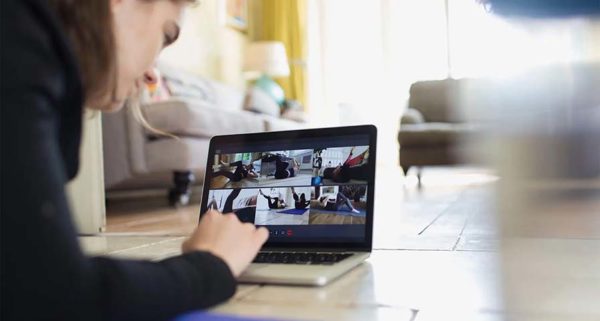Originally published Jan. 3, 2023 by MedPage Today.
By Kristen Monaco
Physical activity can help alleviate depressive symptoms in teens, according to a systematic review and meta-analysis of clinical trials.
Engaging in physical activity significantly helped to reduce depressive symptoms, with a modest corrected effect size compared with controls (g= -0.29, 95% CI -0.47 to -0.10, P=0.004), found Parco M. Siu, PhD, of the University of Hong Kong, and colleagues.

But it appeared that physical activity needed to be kept up in order to reap these benefits. In the four studies that looked at follow-up outcomes an average of 21 weeks postintervention, the significant differences in depressive symptoms disappeared (g= -0.39, 95% CI -1.01 to 0.24, P=0.14). However, Siu's group said this was "possibly due to the limited number of studies with follow-up outcomes."
In a secondary analysis, the researchers found certain factors that may predict exactly who would reap the biggest mental health benefits from physical activity. For example, teens ages 13 and older (versus children under 13), those with a pre-existing mental illness (versus considered "healthy" or with a physical illness), and those with a depression diagnosis saw the biggest effect sizes between physical activity and mental health.
Characteristics of physical activity itself also appeared to matter. Engaging in physical activity three times per week was linked with the greatest reduction in depressive symptoms, and the effect was greater when the physical activity was unsupervised than when it was fully or partially supervised in the studies. Also, studies in which the physical activity intervention lasted less than 12 weeks in duration had a larger effect size.
Boost Student Wellness with the IHT ZONE heart rate monitor:




